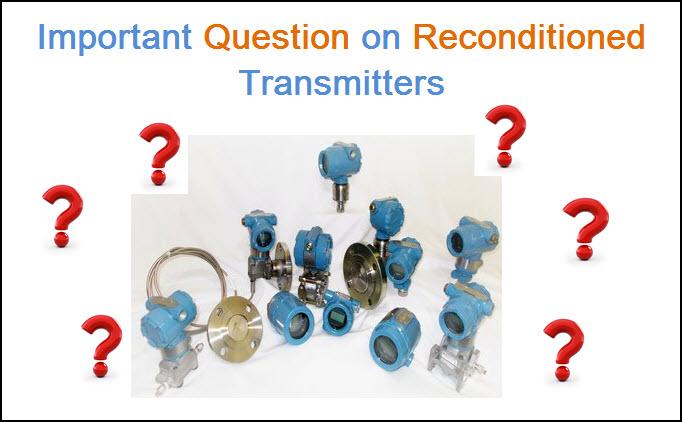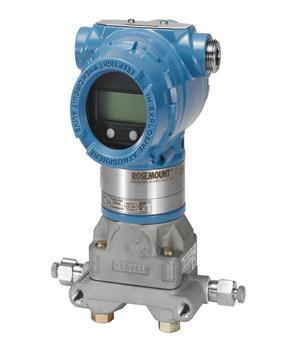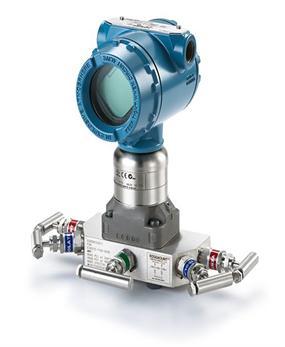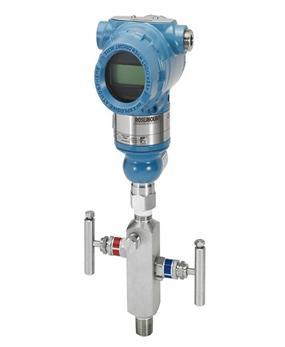BLOG
All Important Questions on Reconditioned Transmitters Answered
Brian Craig
January 25, 2018
Transmitters are used in various process industries to measure pressure, temperature, and levels of fluid (liquid, and gases). These transmitters can be extremely expensive, especially if you are buying new ones from well-known brands. If you wish to use high-quality transmitters, without paying high prices, consider buying reconditioned ones. Many users are still reluctant to invest in reconditioned transmitters, due to various confusions. This post discusses answers all those questions, which you may have in mind regarding reconditioned transmitters.

Everything You Want to Know About Reconditioned Transmitters
The following questions will help you understand why reconditioned transmitters might be a good choice for your process industry.
-
What is a reconditioned transmitter?
Ans. Many times, transmitters are returned to the OEM due to minor cosmetic defects. These transmitters undergo rigorous testing, and inspection, and are restored to original factory specifications. As, these tools are returned to the manufacturer, they cannot be marketed as new. This offers immense benefits to the customer. Here’s why, the transmitter undergo stringent tests to ensure that they are working efficiently. Generally, factory standards are high, and every reconditioned tool passes strenuous tests before meeting the final approval. Thus, consumers are receiving reconditioned tools, which cost 30-50% less than their newer counterparts. -
What is the difference between remanufactured and reconditioned transmitters?
Ans. Many times, remanufacturing and reconditioning are interchanged due to confusions. However, both differ in their approach. In reconditioned transmitter, only damaged parts are changed. However, the remanufactured transmitter will have several many new parts, which are reassembled after thorough testing. -
Do reconditioned transmitters offer a better value?
Ans. Yes. Reconditioned transmitters definitely offer a better value for investment. They are like a new transmitter, with a 1-year warranty at an affordable price tag. -
What if reconditioned transmitters stop functioning?
Ans. As mentioned before, most reconditioned transmitters are offered with a 1-year warranty. Thus, you can always approach a supplier with a service request. Thus, the transmitter will be fully tested again, and returned with better working parts. -
Who typically purchases a reconditioned transmitter?
Ans. Reconditioned transmitters are always ideal for process industries that aim to optimize their operational budgets. The reasonable pricing on these reconditioned transmitters helps users to justify buying a quality product that is required to get the job done. There is nothing like using a high-quality tool in the factory. -
How would I ensure that reconditioned transmitter meets quality requirements?
Ans. If you are purchasing these equipment from a reliable suppliers, there are all chances that you will receive quality control, as well as a 5 point calibration sheet with the product. This certifies that each transmitter has been retested and certified to a customer specification or manufacturer range.
Hopefully, you have got answers to all your queries. It is very important that you source your reconditioned transmitters from a reliable supplier. The Transmitter Shop, abbreviated as TTS, is the leading supplier of reconditioned transmitters. The company offers pressure, temperature, level, wireless, and multivariable transmitters from brands like Rosemount, Foxboro, Honeywell, and Fisher.
Related Posts
Pressure Monitoring in Pump Systems: A Comprehensive Guide
Common Challenges in Air Flow Measurement and How to Overcome Them
Monitoring and Controlling Energy Production in Power Plants
Understanding the Impact of Pressure Fluctuations on Drying Performance
Understanding Pressure Ranges and Units for Fluid System Monitoring
The Benefits and Challenges of HVAC System Balancing
An Ultimate Selection Guide for Flow Transmitters
Procedure to Calculate Accuracy of Pressure Transmitter Discussed
Pressure Transmitters vs. Pressure Transducers: Learn the Differential Characteristics
Multivariable Transmitter: What Is It and How Does It Work?
How Do You Test for 4 to 20mA Signal in a Pressure Transmitter?
Temperature Transmitter: How to Select The Efficient One for Your Application?
Flow Meter vs Flow Transmitter: Know the Difference
Absolute and Gauge Pressure Transmitters - Overview and Working Principle
HART Communication Protocol: Overview, Working Principle, Benefits in Industrial Automation
What is Absolute Pressure Transmitter & how does it work?
How Do You Calibrate A Flow Transmitter?
Remote Seals: Significance, Working Principle & Applications
How to Select Pressure Transmitter for Your Application?
How to Choose Diaphragm Seals for Your Application?
Difference in Conventional Transmitters and Smart Transmitters
What Are Diaphragm Seals and Their Types?
Rosemount 2088 Vs Rosemount 3051 – A Few Points of Differences Discussed
Rosemount 3051S vs 3051C Transmitter – What is Your Choice?
Impact of Shock and Vibration on Pressure Transducer
Safety Tips for Differential Pressure Transmitter Operation
Factors to Consider When Choosing a Pressure Transmitter Manifold
Tips to Improve the Performance of Pressure Sensors
Important Calibration Tips for Pressure Sensors
5 Most Popular Pressure Transmitter Technologies
Factors of Consideration When Choosing Pressure Transmitters
Tips to Augment the Performance and Service Life of Pressure Transmitter
Factors To Be Considered While Differentiating $40 and $400 Pressure Transmitters
An Unconventional Guide to Selecting the Right Pressure Sensor
3 Major Pressure Transmitter Technologies That Made the Device Popular
The Features and Benefits of Rosemount 1199 Direct Mount Transmitters
What are the Steps Involved in Calibrating Pressure Gauge?
Is Remanufactured Transmitter a Better Option than a New One?
Differential Pressure Transmitters: How Do They Help in Flow Measurements?
3 Whats that Explain How Often You Should Calibrate Pressure Transducer
Guidelines for Troubleshooting Pressure Transducers
Learn How to Calibrate a Pressure Transmitter – II
Learn How to Calibrate a Pressure Transmitter
Know Three Interesting Uses of Pressure Transmitters











